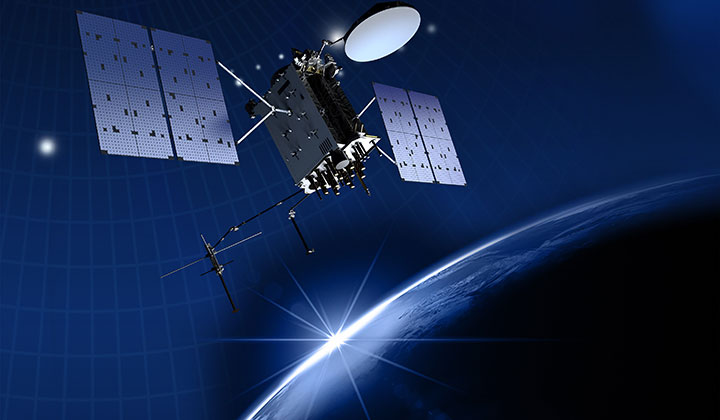ALEXANDRIA, Va. (Kratos/Constellations) — Imagine deploying a GPS receiver on the International Space Station (ISS) to study the Earth’s atmosphere and discovering a way to geolocate and characterize illegal jamming and spoofing signals.
That’s what happened to Todd Humphreys, professor of aerospace engineering at the University of Texas at Austin’s Cockrell School of Engineering. Humphreys is an authority on radionavigation and author of the most cited paper on GNSS spoofing. Over the last five years, he and a team of researchers engaged in an experiment that caught the attention of the military and private industry for its potential impact on the future of electronic warfare.
In 2017, Humphreys had the opportunity to deploy an experimental, software-defined multi-frequency GNSS receiver onboard the ISS as part of a GPS radio occultation study of the atmosphere and ionosphere. The experiment was done in partnership with Cornell University and the Naval Research Laboratory. A short time after deploying the receiver, he became aware of a pattern of widespread GPS spoofing in the Black Sea through his work with a global security nonprofit, the Center for Advanced Defense Studies (C4ADS).
“As we looked into this further, we recognized the spoofing was always following the same pattern. It would take ships on the Russian side of the Black Sea and they would be spoofed to locations near airports,” Humphreys told Constellations.
Read the full article: https://www.kratosdefense.com/constellations/articles/university-spotlight-how-an-experimental-gps-receiver-is-changing-electronic-warfare






